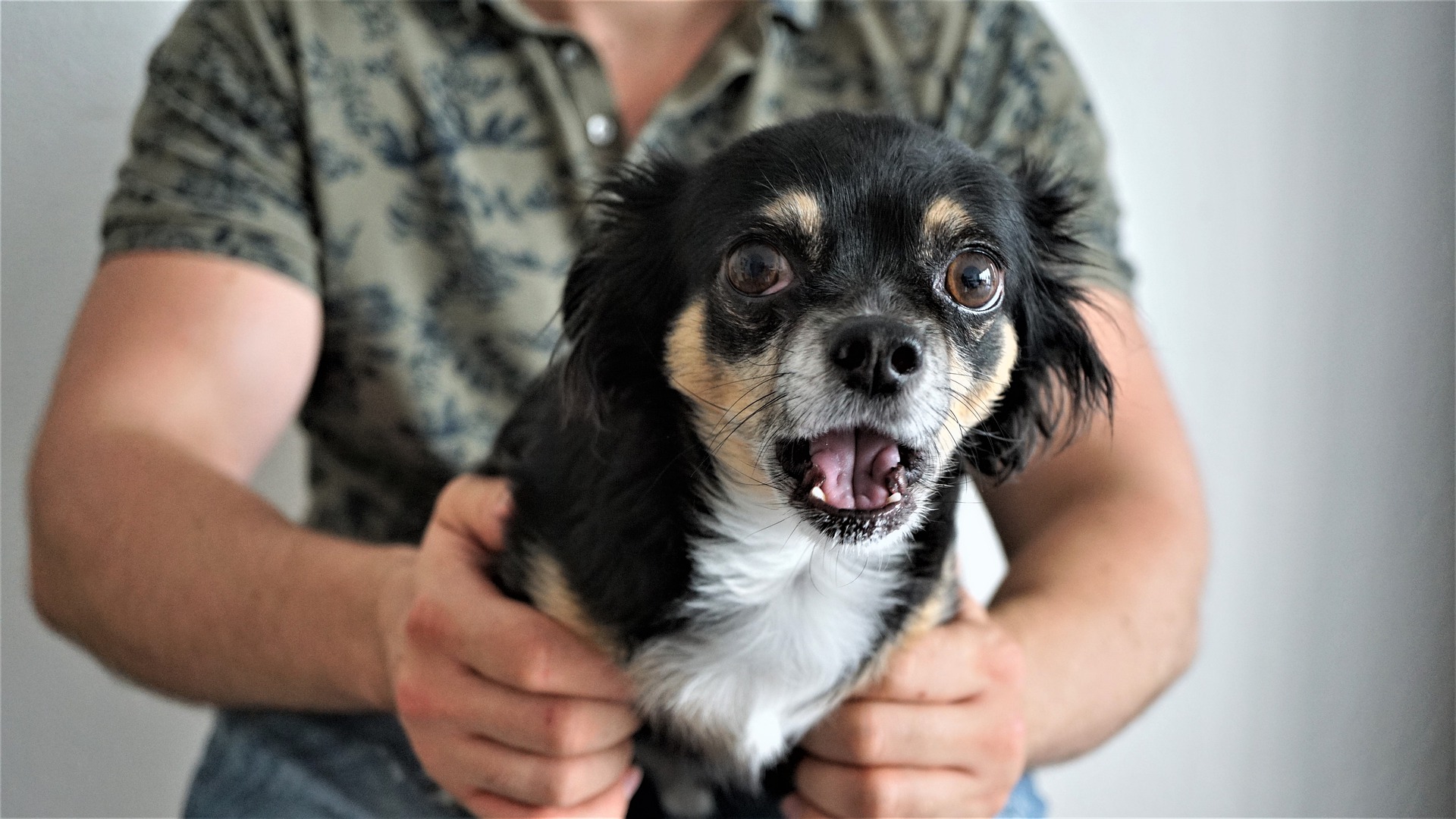Many animal species are capable of experiencing chronic anxiety–it’s not just humans! Dogs are especially prone to developing it if they have a traumatic past, like having been abandoned or abused by a previous owner. Their anxiety can manifest in various ways depending on the individual dog. Some anxious dogs simply have a timid personality, while others might turn to destructive habits like tearing up objects or obsessively gnawing or licking at a spot on their body. Some might be aggressive around specific triggers – for example, many dogs are fearful and aggressive towards men because a man abused them at one point in their life.
In some cases, a dog might outgrow their anxiety with enough time. More often than not, though, a dog that suffers from anxiety would benefit from coping mechanisms you implement together. Observe your dog carefully to figure out what their triggers seem to be, then try some of these methods of helping them through it.
- Consider increasing their daily exercise. Exercising releases endorphins in dogs just as it does in humans, meaning that after a run, they will be tired, calmer, and happier than they were before. This is an excellent option for dogs that tend to be destructive when feeling anxious and for dogs that struggle with separation anxiety–after all, it is hard to miss you as much when they are napping after a long run.
- Give them attention. Anxiety is uncomfortable and can even be scary. Show your dog that you love them and that they are safe by petting and holding them when they seem anxious. Your pets will release oxytocin and other calming hormones that can help regulate their emotions.
- Try some calming music. For dogs triggered by certain noises (e.g., car horns, other dogs barking, yelling, etc.), you can use music to help drown out unpleasant noises. Classical music pieces that feature harps have been shown to have the best effect on dogs in general. This music might also help a dog with separation anxiety, but be sure to test it out first before leaving them alone with the music playing. Some dogs may think that playing music means someone is home and may get upset and panicky when locked in their crate.
- Provide a quiet space. Even if you don’t crate your dog while you are gone, they should still have a crate or other small space available that is just for them. This should be a happy place to retreat when they need alone time. Make it super comfy with a bed and blankets, and keep some favorite toys and a bowl of water there as well.
- Give them a pressure shirt. Dogs triggered by loud noises or the presence of many people may benefit significantly from a pressure shirt that gently squeezes them like a hug. This pressure helps calm their nerves and can be helpful during events like fireworks being set off in your neighborhood. Thundershirt and similar brands make these articles of clothing for any size dog.
- Medication might be the way to go. Sometimes, the brain’s chemistry is just too out of whack for the issue to be fixed with simple coping mechanisms. If other methods of controlling anxiety don’t seem to work for your pup, schedule a consultation with their veterinarian. Many prescription medications are available that could significantly lessen your dog’s anxiety and improve their quality of life.
Whether your dog is anxious, aggressive, or simply needs some refresher training, call Gulf Coast K9 Dog Training of Bradenton.





